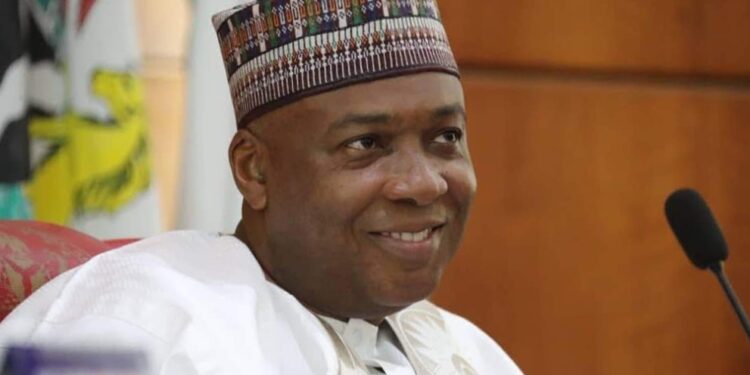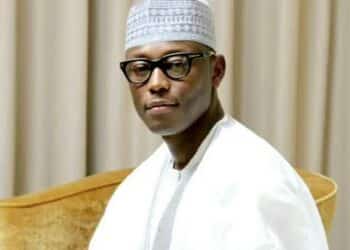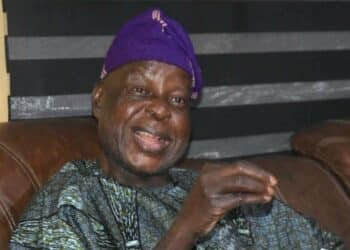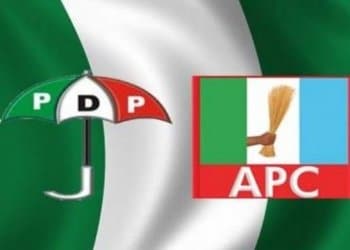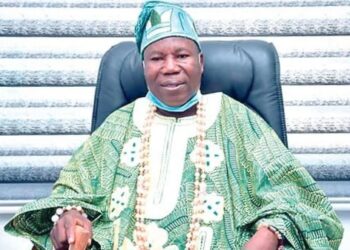Once hailed as a people’s revolution, the “Otoge” movement swept away the Saraki dynasty’s decades-long dominance in Kwara politics. Six years later, many citizens are asking whether the promise of change has truly been fulfilled.
The End of a Dynasty
For decades, the political history of Kwara State revolved around the Saraki family. From the charismatic leadership of the late Dr. Abubakar Olusola Saraki, a revered political godfather, to his son, Dr. Bukola Saraki, who served as Governor and later Senate President, the dynasty held firm control of Kwara’s political direction.
To some, the Sarakis symbolized political stability and continuity. To others, they represented a family that had held the state hostage for too long. That resentment culminated in the 2019 general elections, when the Otoge Movement—meaning “Enough is Enough”—rose like a wave across the state, dislodging the Saraki political structure in a historic defeat.
The Otoge Promise
The victory of Governor AbdulRahman AbdulRazaq under the banner of the All Progressives Congress (APC) was celebrated as a new dawn. The Otoge revolution promised freedom from political godfatherism, renewal of leadership, and genuine dividends of democracy for ordinary Kwarans.
The new administration began with immense goodwill and high expectations. Civil servants, students, artisans, and farmers anticipated rapid improvements in governance, infrastructure, and economic opportunities.
But as the years rolled by, enthusiasm slowly gave way to disappointment and growing skepticism.
A New Era, Old Challenges
Six years after the revolution, political observers argue that the Otoge government has not convincingly shown that the new political order is more effective than the old one. While the Saraki years were not without flaws, many citizens now say the difference between the past and the present is barely visible.
Critics of the current administration point to the slow pace of infrastructure development, limited youth empowerment, and weak communication between government and the people. Some say the administration appears to have spent more energy on dismantling the past than building a sustainable future.
Supporters of the Governor, however, argue that his leadership style—quiet and methodical—is gradually transforming the state through investments in education, healthcare, and road rehabilitation. They insist that the current government deserves credit for prudent spending and transparency, even if progress seems slow.
Comparing the Two Eras
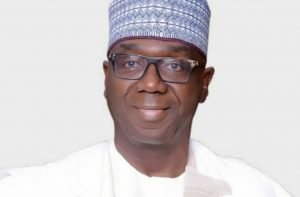
A fair comparison between the Saraki era and the present government reveals both strengths and weaknesses on each side.
Under Bukola Saraki’s administration (2003–2011), Kwara witnessed agricultural innovation through the Shonga Farm Project, improvements in health facilities, and civil service reforms. Yet, critics accused the Saraki dynasty of promoting elitist policies and centralized control.
Governor AbdulRahman AbdulRazaq, on the other hand, has tried to decentralize decision-making and focus on grassroots development. However, his government has faced challenges in building a strong political structure comparable to what the Sarakis maintained.
Ironically, the same disunity that helped topple the Saraki dynasty now threatens to divide the Otoge coalition itself.
Public Mood: Between Regret and Reflection
Today, a quiet debate echoes across Kwara’s towns and villages: Was the Otoge movement a step forward or sideways?
While some Kwarans remain firm in their belief that the Saraki dynasty’s exit was necessary, others admit that their expectations from the new order have not been met.
For many, the issue is no longer about Saraki or AbdulRazaq—it is about governance that delivers visible results.
The Way Forward
To rekindle hope and justify the Otoge revolution, the current administration must do more than criticize the past. It must:
1. Rebuild public trust through transparency and consistent communication.
2. Invest aggressively in education, youth empowerment, and industrial growth.
3. Strengthen institutions, not personalities, to ensure continuity of governance.
4. Foster unity among political stakeholders to avoid the mistakes of past divisions.
Conclusion
Kwara today stands at a political crossroads. The people have tasted both dynastic control and a supposed liberation, yet the desired transformation remains incomplete.
Whether or not Kwara truly misses Saraki is a question only performance can answer. If Governor AbdulRahman AbdulRazaq can rise above politics and deliver inclusive, people-centered governance, then history will remember Otoge not as a fleeting slogan — but as the true rebirth of Kwara’s democracy.
*Otunba Tunde Falola, Esq., is an Abuja-based legal practitioner and public affairs analyst.


